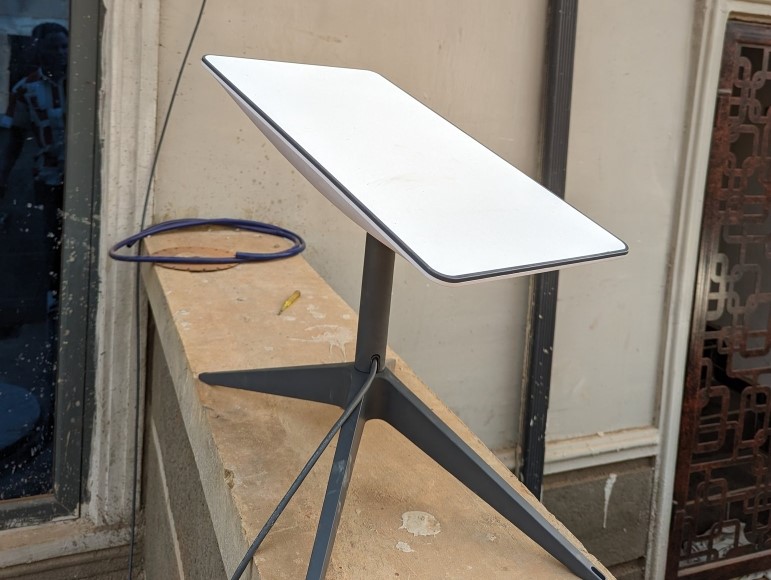- The National Communications Authority (NCA) has approved SpaceX’s Starlink to operate in Ghana, allowing the company to provide satellite broadband services to the country.
- This development comes four months after the authority declared the Internet provider illegal, stating that any entity selling Starlink equipment or providing Starlink services in Ghana directly violated the Electronic Communications Act 2008.
- According to a statement, the application was approved following the policy approval of Ghana’s Satellite Licencing Framework by the Ministry of Communications and Digitalisation.
It also stated that the administrative processes for issuing the licence are underway and will be completed shortly.
This development makes Ghana the eighth African country to approve the use of Starlink in their respective countries. Nigeria, Mozambique, Eswatini, Zambia, Malawi, Kenya, and Rwanda round out the list.
Other African countries, including Ivory Coast, Burkina Faso, the Democratic Republic of the Congo, Zimbabwe, South Africa, Senegal, Botswana, and Mali, have declared the satellite Internet company illegal.
In April, people in Zimbabwe were finding new ways to use Starlink despite the country’s ban. They reportedly disguise satellite Internet kits as everyday items, such as outdoor lighting or solar panels, to avoid prosecution by the country’s authorities.
Also in Botswana, the Communications Regulatory Authority announced in February 2024 that the importation, use, and sale of Starlink kits or services is illegal in the country, and violators will face legal consequences. It had rejected the application of the satellite company due to failure to meet requirements.
Meanwhile, Cameroonian authorities are concerned that Starlink’s entry into the market will threaten Camtel, the country’s national telecommunications and Internet service provider. Other concerns include fraudulent commercial activities, Starlink terminal exploitation, and personal data security risks.
Ghana’s Internet penetration rate reached roughly 70% in January 2024, up from 68% in the same month in 2023. The country also has nearly 24.06 million Internet users, up from 23 million in 2023.











